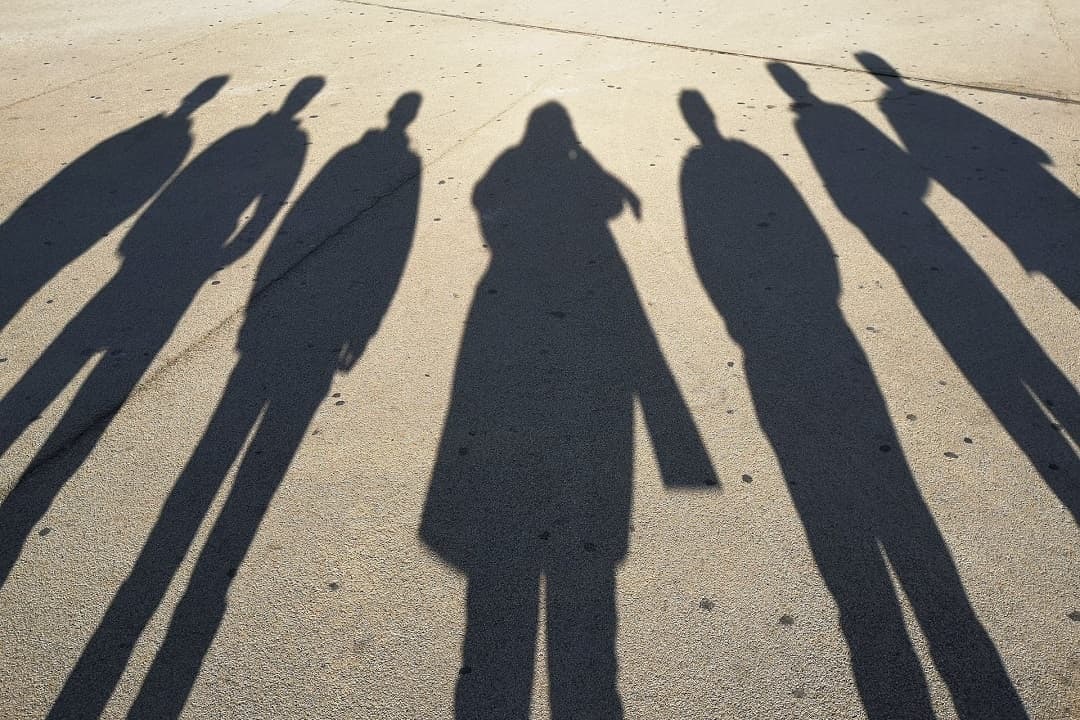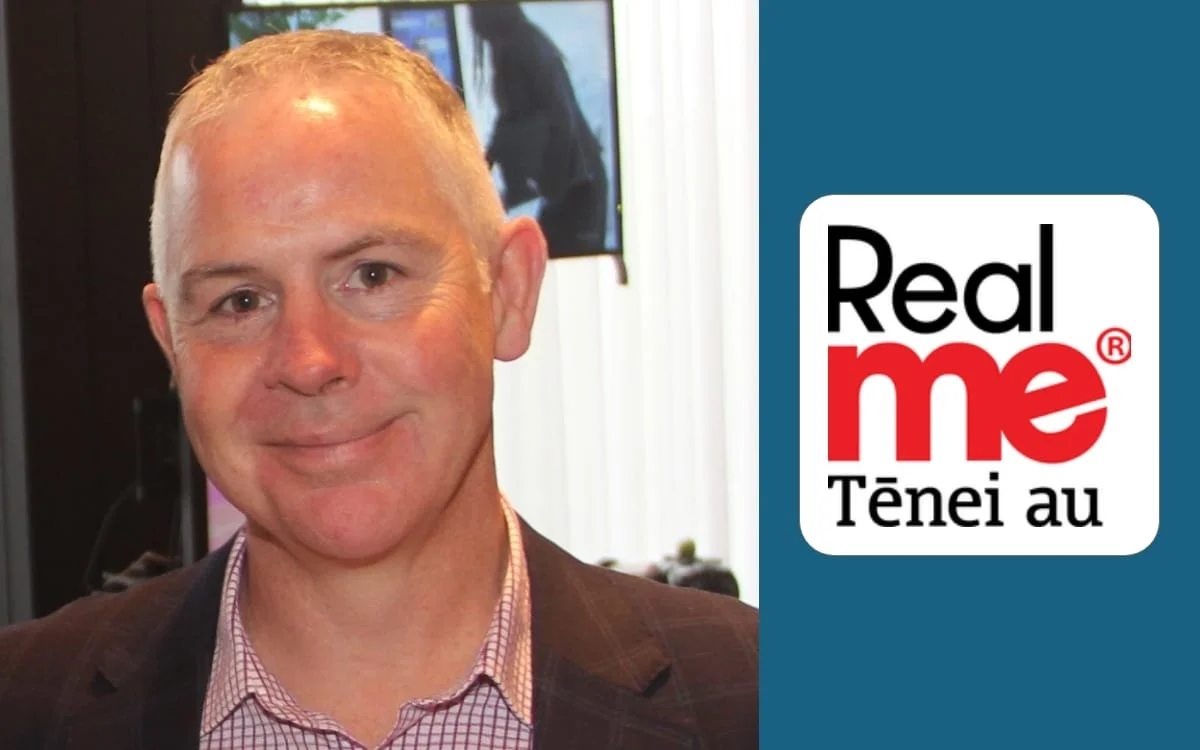We have spoken to tens of thousands of people this year advising them on how to remain resilient in the face of growing global uncertainty, challenge, and change. We’ve listened for hours on end to working professionals from all walks of life. And whether it’s the head of People and Culture of a global grocery brand, disheartened hoteliers, or frazzled board directors, everyone’s seeking the same thing: ways to support themselves and their staff through the ongoing demands of the ongoing pandemic.
Yes, we all wrote off 2020 as the worst year ever, but the last 11 months have forced us to dig even deeper. So, now that you’ve made it this far, successfully cajoling yourself, your teams, and your families to the annual finish line, it’s time to take a break. However, given that’s not
something anyone can remember how to do, here’s our guide to surviving Christmas so that it helps rather than harms you.
Get ready: scale back expectations
A decent break starts with decent prep. Stop the self-sabotage right now by rapidly working out how to say no. No to last minute drinks with people you haven’t seen for a year. No to crossing town to buy a particular type of Christmas cake or stopping in at the Warehouse to
source a bucket to brine the turkey. Don’t brine the turkey, don’t drag yourself to every party, and certainly don’t send Christmas cards if they’re going to tip you over the edge. Given that we’ve learned to endure all sorts of unexpected discomforts and restrictions this year, no one’s going to accuse you of dropping standards. They’re more likely to respect
you. Restricting yourself to what’s actually feasible and reigning in the festive madness doesn’t make you the Grinch, it just makes you more loveable. If it’s not something that comes naturally to you, have an excuse at the ready. Alternatively, simplify life by adopting Denise’s ‘no motorised transport’ rule for three days over Christmas – guaranteed to
slow the pace from a frantic gallop to a walk. And soothe your paranoia by reminding yourself that given you’ve never criticised someone for not attending a party, nor will your hosts. This year, more than any other, people really do have better things to worry about.
Be kind – to yourself, not just others
In our work at the Institute, we’re frequently reviewing psychological studies suggesting that most people are kinder to other people than they are themselves. The things we tell ourselves in the privacy of our own heads can be down-right nasty, filled with opinions we’d never dream of voicing out loud, or directing at others. So, give yourself the best
Christmas present ever this year by dialling back your inner critic. Pack all the self-sledging, snarking, doubt and recriminations away. Practice, even in small ways, being just a little bit kinder to you. Know it’s okay to not return that text immediately, let your teenage kids sleep in late, lower the bar on your exercise routine. Being a perfectionist takes its toll on your mental health – very often leading to anxiety, depression and procrastination – not to mention being exhausting and alienating for your family and friends.
Don’t squander it, make it count
At some stage, when a quiet moment comes, sit, and write a list of the people you do really want to see this holiday. Whose company brings you alive, makes you laugh, kindles your curiosity, puts things in perspective?
Time is elastic and can fly by unnoticed unless you get intentional about who you want to see, what you want to do. Try to leave your phone beyond arms reach these holidays – know that the people you are with, and the things you are doing, are enough. Yes, we get how hard this is when we’ve all built up such a high dependency on our omnipresent tech, but we also know that our digital obsession tends to do more harm than good. Sure, you may end up with less photos this summer – and capturing those photos is good for your mental health – but posting them on social media, scrolling through, deciding everyone else is having a better time than you, is harmful and you know it.
Calm your brain
If it all gets too much on the day – you find yourself at the Christmas table wanting to rant and rave, or run and hide – here are two tried and tested ways to slow your racing mind (and potentially racing heart) that no one will even notice:
- Box Breathing – breathe in for the count of four, hold your breath for the count of four, breathe out for the count of four, hold your breath for the count of four, repeat four or five times;
- Work your Five Senses – notice 5 things you can see around you, 4 things you can touch, 3 things you can hear (tune grandma out if you can!), 2 things you can smell, and 1 thing you can taste.
Both strategies will get you out of your head and into your body. If all else fails, play your favourite music loud, and dance wildly for a few minutes. See what effect that has on you and your assembled family!
Look back
Wrap the year up with a bow. No matter how hard it’s been, there will be some good stuff in there too. Do some panning for gold and recall the best bits: work achieved that you’re proud of; family fun, growth or big changes navigated; great views or movies seen; delicious dinners surrounded by the people you love; the taste of that first post-lockdown latte from your local café. Make sure you have these discussions around the festive tables, it makes a change from the festive blame game.
Plan forward
Every January, we both come back from holiday and each buy two wall charts: one dedicated to work and a second one just for fun. As we face another year of twists and turns ahead, it’s going to be more important than ever to create things to look forward to. What works for you, what makes you feel good, like you’ve had a break and got away from the frantic lives we all lead? Make sure you’ve got something pencilled in for each month ahead. The best years start with good planning in January.
Holidays are not a competition. Pace yourself. Be kind to yourself as much as others. If in doubt, aim for ‘real, not perfect’. Works for us.
Get more tips from Dr Lucy Hone in ‘Sustaining high performance through uncertainty and change‘.




